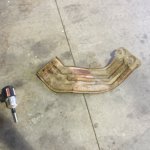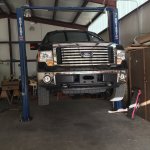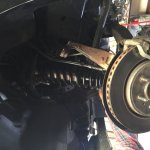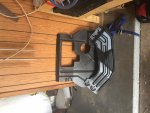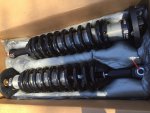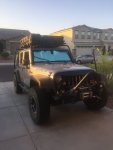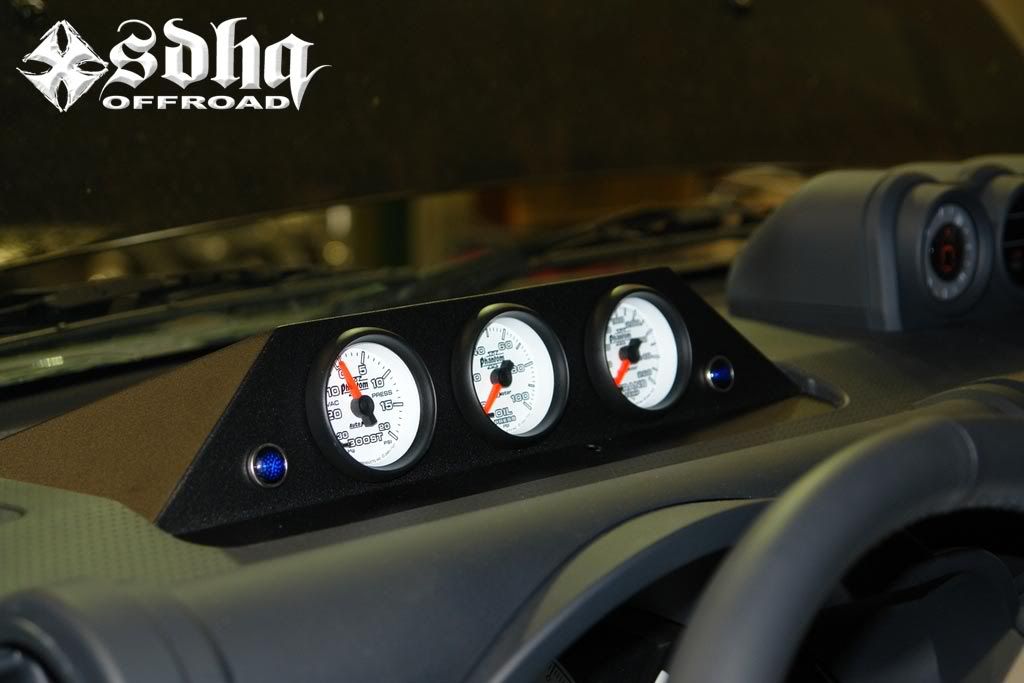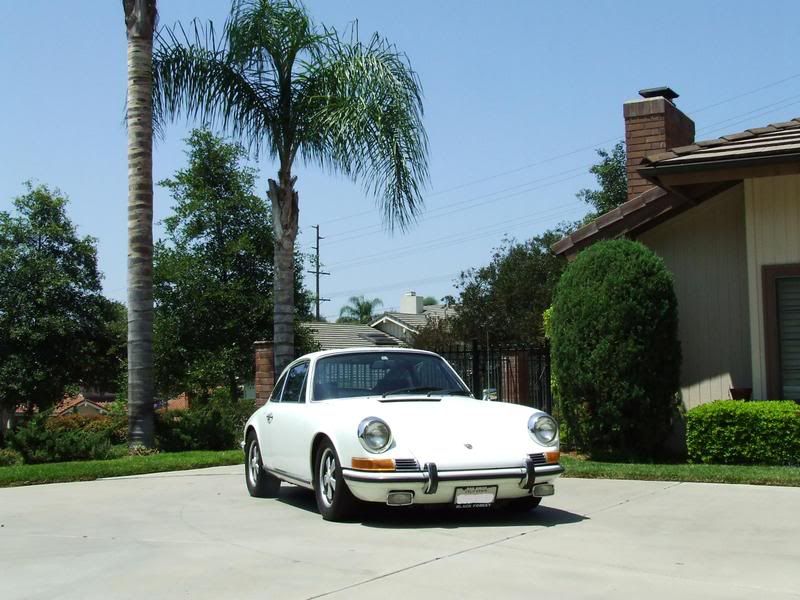S
Scenic WonderRunner
Guest
Gauges....Which ones do we really need?
I want to ad some gauges to my 4Runner so I can really know whats going on with my engine, etc.
Which gauges do you favor and why?
........ (oil pressure/oil temp/water temp/trans temp/amps/volts/girlfriend crabb-O-meter!.....hehe just checking if you are really reading all of this! )............etc.
)............etc.
Which of these do we really need to help us watch and protect our investment?
What brand is known for being a good value, yet reliable? (what do you use?)
Is "Liquid Filled" a good choice for better reliability for off road?
Mounting locations? I like the Pillar mount, but I'm having trouble finding a source for these.
I've been searching on the net tonight and found a brand called "Auto Meter". They have several styles to choose from. I kind of like their "Pro Comp" and "Carbon Fiber" Styles.
......any thoughts?
http://www.autometer.com/
I want to ad some gauges to my 4Runner so I can really know whats going on with my engine, etc.
Which gauges do you favor and why?
........ (oil pressure/oil temp/water temp/trans temp/amps/volts/girlfriend crabb-O-meter!.....hehe just checking if you are really reading all of this!
Which of these do we really need to help us watch and protect our investment?
What brand is known for being a good value, yet reliable? (what do you use?)
Is "Liquid Filled" a good choice for better reliability for off road?
Mounting locations? I like the Pillar mount, but I'm having trouble finding a source for these.
I've been searching on the net tonight and found a brand called "Auto Meter". They have several styles to choose from. I kind of like their "Pro Comp" and "Carbon Fiber" Styles.
......any thoughts?
http://www.autometer.com/

